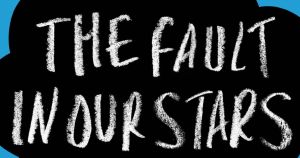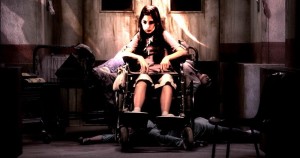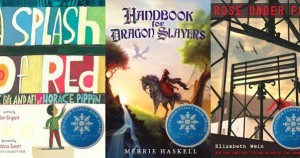
The Extra-Special Autistic
An exceptionalist narrative might, at first glance, seem like a positive or even empowering one. But, as it always goes when it comes to depictions of disability, the situation is much more complicated than that-

An exceptionalist narrative might, at first glance, seem like a positive or even empowering one. But, as it always goes when it comes to depictions of disability, the situation is much more complicated than that-

Pete’s autism is portrayed over and over again as being non-stop pain and suffering. That got incredibly hard to read; do people really think this is what autism is like?

Despite their proclamations to the contrary—“don’t tell me you’re one of those people who becomes their disease”—the characters are shown to have nothing in their lives that isn’t about their cancer.

I truly wanted to love this book—especially as it features one of the very few textually autistic characters written by an autistic author. In the end, though, I was left with mixed-to-negative feelings and a lot of disappointment.

What I love most about Kiara—and the novel itself—is that she is unflinchingly genuine. Sooner or later, most Aspie characters written by neurotypicals eventually become caricatures. Having an Autistic character written by an actual Aspie makes all the difference.

When we talk about disability and sci-fi/fantasy, the first thing many will think of is the magical disability trope. But what does this trope entail and imply? And how can you subvert it?

After the first two books in Jackie Morse Kessler’s Riders of the Apocalypse series—Hunger, about a girl with anorexia, and Rage, about a girl with depression—were so positively reviewed on the blog, we were incredibly excited to invite the author over for a joint interview.

We’ve been wanting to shake hands with the good folks of the Schneider Family Book Award–an ALA award which highlights depictions of disability in children’s literature–for a while, and July 2014 marked the perfect time: while we celebrated our first anniversary, the Schneider celebrated its tenth!

Audiobooks are an essential part of making reading as accessible as possible, so we’re excited to sit down with marketing manager Jennifer Rubins and head of production Dan Zitt and talk about the behind-the-scenes process of audiobooks.

This is a story about what it’s like to go crazy, and it is brilliantly, masterfully crafted.